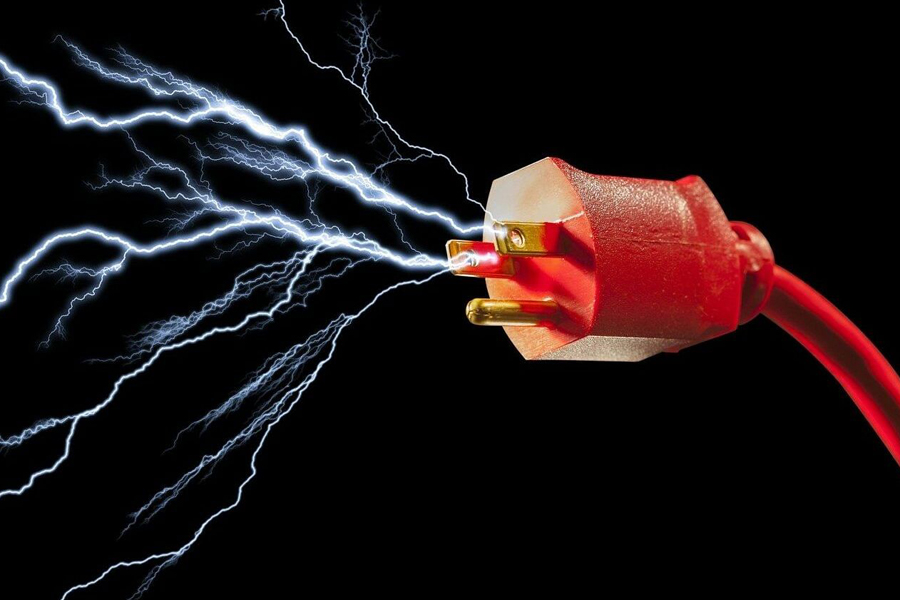How to engage in productive business

JALUUM HERBERTS
The economy is on a downward spiral at the moment and the effect of it's poor performance is starting to bite the ordinary citizen hard at a micro level.
Early last week Ugandans woke up to the news that fuel prices had increased by 12.5% from Shs 3,500 (for a litre of petrol) to Shs 4,000.
By mid last year (2017), the World Bank had already reported an economic decline of 0.2% shading doubt on whether the projected growth of about 5% would be achieved.
Sometimes these figures don’t make sense to the ordinary Ugandan until they go to the pump and realize, fuel prices have increased by five hundred shillings.
A car he/she used to fill up for Shs 210,000 now requires Shs 240,000 to fill, an extra Shs 20,000.
This has been the case with all other products translating into an increase in the cost of living across the board.
The truth is there are many reasons to explain why we find ourselves in such a position.
The reasons range from our social ways of life, our economical practices and our political policies whether by action or in action.
Today, I want us to focus on something a larger section of our population has control over and that’s our economical practices.
Business is one of the main ways through which we support our livelihoods and also generate revenues that fuel the economy and run the country.
My question is, are we doing the kind of business that spurs economic growth? Before we even answer that question, do we know that the economy is me and you?
The economy isn’t a money making machine of some sort, it depends on the money you and I make through the different financial activities we engage in.
That said, are we engaging in the sort of activities both in magnitude and kind that would spur this economy to work for the greater good of all? The answer could be a yes or no, based on how you perceive the situation at hand.
Personally, I think we need to do better because a lot of what we are doing is really subsistence. I like to call it business of survival.
If our balance of trade of 2016 is a thing to go by (I haven’t verified the one of 2017 yet), our total imports were worth $4.9 billion and total exports were $2.5 billion that’s a trade deficit of $2.4 billion.
In simple terms it means we are taking more money out of the country than we are bringing in. Now let’s put this into perspective, if you have a job and you earn 1m as take home every month yet spend 2m every month, what does that mean?
It means you are earning less than you need to survive and this is pushing you into debt. This means we are doing businesses that are not making enough money to go around on top taking most of that money out of the economy to buy goods/products we consume as a country.
This money is being taken to Kenya, China, Dubai, Japan, UK and America in exchange of products to name but a few thanks to our merchant nature of trade that really has to change.
Many of our small and medium sized businesses are into merchant/ survival business.
What do I mean by this? Go to China for example, buy products and come back and sell them for a small profit. Truth is this kind of business will only provide you with survival.
The little profits you make off this kind of trade will help you survive, that’s to say enable you take your children to school, maybe put a roof on your head, and buy you a second hand Japanese car and the basics like food, clothing and healthcare.
This kind of business doesn’t generate wealth much as it generates money. Transformational money is not in reselling products but manufacturing products for sale.
This makes manufacturing the only way to go if we’re to see real transformation in our economy.
I know the government through its responsible ministries and agencies has tried to push us towards this direction but the mindset within the populace hasn’t yet redirected towards this direction.
The mentality is still stuck on survival and even when survival is achieved, focus is put on maintaining this ability to survive instead of progressing into surplus which surplus gets to be exported to earn us more foreign revenue and a healthy balance of trade.
The solution is moving from the mentality of survival business and going into productive business setting up small production/manufacturing industries.
That’s how the China's of this world transformed and now we have China as one of the strongest economies in the world producing 2 billionaires every week according to Oxfam’s pre Davos World Economic Forum report(2017).
ABOUT AUTHOR:
Jaluum Herberts Luwizza is a Business Consultant, Writer and Public Speaker with YOUNG TREPS a business management and consulting firm that helps people start, run and grow profitable and sustainable businesses.













